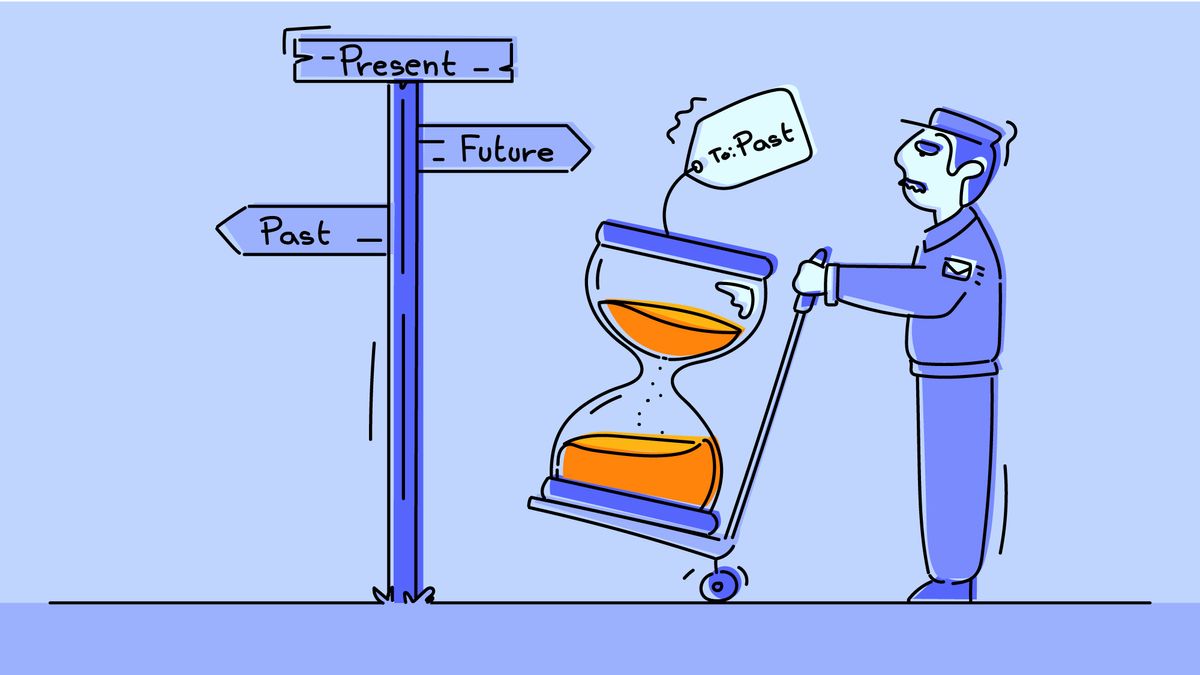If the Present is Better than the Past, Bias Towards Action

If you believe the present is better than the past,[1][2][3] then the mean human action has been positive.[4][5][6]
Therefore, the base rate is a positive expected value.
Thus, bias towards action.[7]
If taking the contrary position from Our World In Data, tread carefully. ↩︎
This is a minority opinion, but I’ve never seen an empirical refutation. Even thoughtful objections tend to be based on future predictions or unquantifiable claims. The debate around this seems to actually be a referendum on empiricism itself, which evidence shows, empiricism usually wins. ↩︎
Starting from a particular year also works, e.g. add “since the Neolithic revolution” or “since 1800” at the end of each clause. ↩︎
Mean human action = action with the same value as the mean. ↩︎
Assuming the difference between present and past is mostly a result of human action, not say random geological phenomena. ↩︎
Positive for human action as a whole. When broken into types, there can be patterns of positive or negative value. ↩︎
Of course, this conclusion would be reversed if you believe that the past was better than the present. I’m fine with this reading too, as those who believe incorrect things would be preferentially biased towards inaction. ↩︎